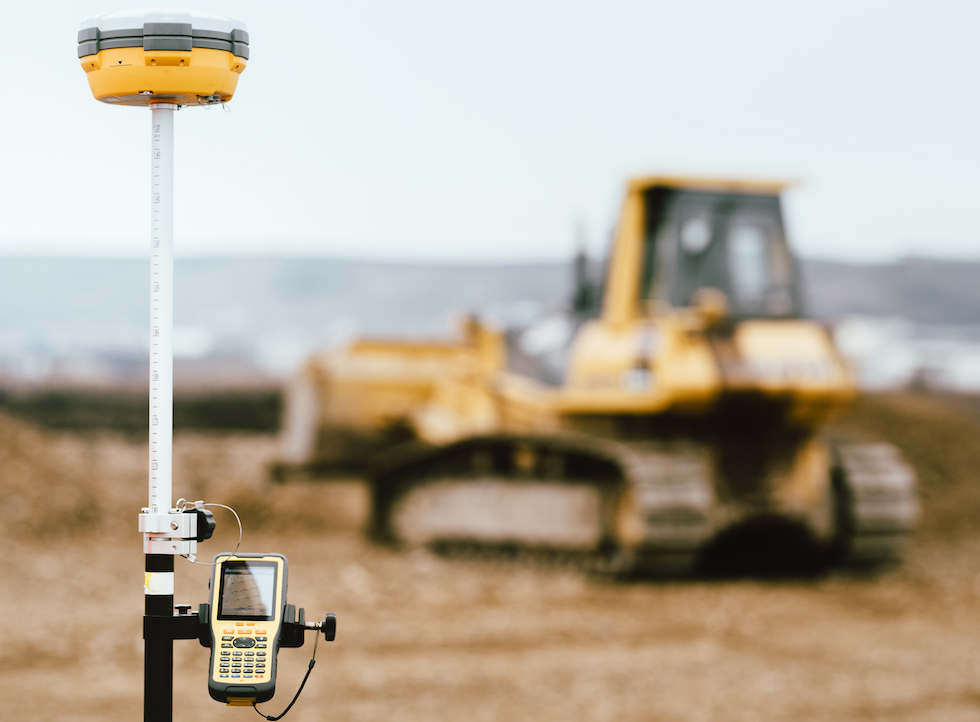Across Boundaries: Investigating Cutting-edge Methods of Surveying
The landscape of land development and real estate management is constantly changing, and with it, the instruments and methods used in surveying services are developing as well. Land surveying plays a critical role in various aspects of property, building, and land use planning, guaranteeing that projects move forward smoothly and legally. With technological advancements, certified surveyors are now equipped with innovative tools such as Global Positioning System and unmanned aerial vehicles, transforming the way land is surveyed and enhancing accuracy and effectiveness.
In this article, we will examine the different methods of surveying that are shaping the industry and discuss the importance of hiring a skilled professional. From understanding boundary surveys that prevent property disputes to recognizing the value of topographic surveys in construction, we will cover essential topics that highlight why surveying is indispensable for property developers, homeowners, and various others involved in land transactions. Whether Click here are considering purchasing property or are a builder embarking on a new project, this guide will offer valuable insights into what to expect during a property survey and the numerous benefits these services offer in today’s complicated real estate landscape.

Value of Hiring Professional Surveyors
When it comes to land transactions or construction projects, hiring a certified surveyor is important. Qualified surveyors bring the skills, experience, and credentials required to conduct exact measurements and provide thorough assessments of a site. Their knowledge of land laws, boundaries, and zoning regulations confirms that all surveys are in compliance and accurate, which helps mitigate issues down the line.
One key benefit of employing a qualified surveyor is the certainty they provide to property lines. Misunderstandings regarding boundaries can lead to financial disputes between neighbors or complications during land deals. A certified surveyor employs state-of-the-art technology and techniques to clearly delineate property lines, providing an official record that can be critical in addressing disputes should they arise.
Furthermore, hiring a qualified surveyor can save time and money in the end. By accurately finding potential challenges before initiating a development project or land purchase, surveyors can help prevent unexpected costs associated with legal disputes or necessary adjustments. Their thorough pre-assessments contribute to easier transactions and positive project outcomes, making them an essential partner in any real estate or construction endeavor. ### Understanding Different Categories of Land Surveys
Land measurement surveys are crucial instruments that serve different purposes in land development, and enhancement. Each type of survey provides unique information and is designed to meet individual needs. Among the most common types are boundary delineation surveys, which define the exact lines that define property ownership and are essential in avoiding disputes. Topographic surveys, on the other hand, analyze the terrain and elevation of a site, providing critical information for planning construction and landscaping.
ALTA/NSPS surveys, which adhere to guidelines set by the American Land Title Association and the Surveyors' Association, are thorough surveys often needed in business real estate transactions. These surveys combine boundary, topographic, and additional data, ensuring that all aspects of a property are carefully reviewed. Flood risk assessments assess the likely flood risks in a specific area, establishing the elevation of property concerning the floodplain. This information is essential for property owners and developers when organizing their projects.
In addition to these types, there are utilities mapping that identify underground utilities to ensure security during construction, and access surveys that define the official rights of passage over another’s property. Grasping the various categories of land surveys available helps property owners and developers navigate choices and select the appropriate survey to address their particular needs. Every survey type plays a significant role in enhancing clarity, compliance, and successful project execution in the landscape of land development.
Tech and Advancements in Land Surveying
The land surveying industry has experienced a remarkable transformation with the arrival of advanced technologies. Surveyors now use tools such as Global Positioning System, unmanned aerial vehicles, and 3D imaging, improving both the accuracy and efficiency of gathering data. These advancements allow for rapid mapping of large areas, providing precise measurements that are vital in many surveying applications, from property development to ecological assessments. Drones, in particular have revolutionized surveying by enabling aerial surveys that were previously labor-intensive and costly, simplifying the process to capture even the most challenging terrains.
Moreover, program developments play a significant role in analyzing and analyzing the data gathered by these advanced instruments. Modern surveyors use GIS to create comprehensive maps and models that help illustrate land use and landforms. This merging of technology not only streamlines the land surveying process but also improves cooperation among construction stakeholders such as designers, planners, and contractors, promoting a more efficient workflow and more informed decisions.
The focus on technology in land surveying is indicative of a larger trend towards progressive approaches in the building and property sectors. By adopting state-of-the-art surveying methods, professionals can not only ensure compliance with regulations but also enhance project outcomes. The shift towards digital surveying promises to improve the accuracy of property measurements, protect property rights, and in the end contribute to more sustainable land planning planning.